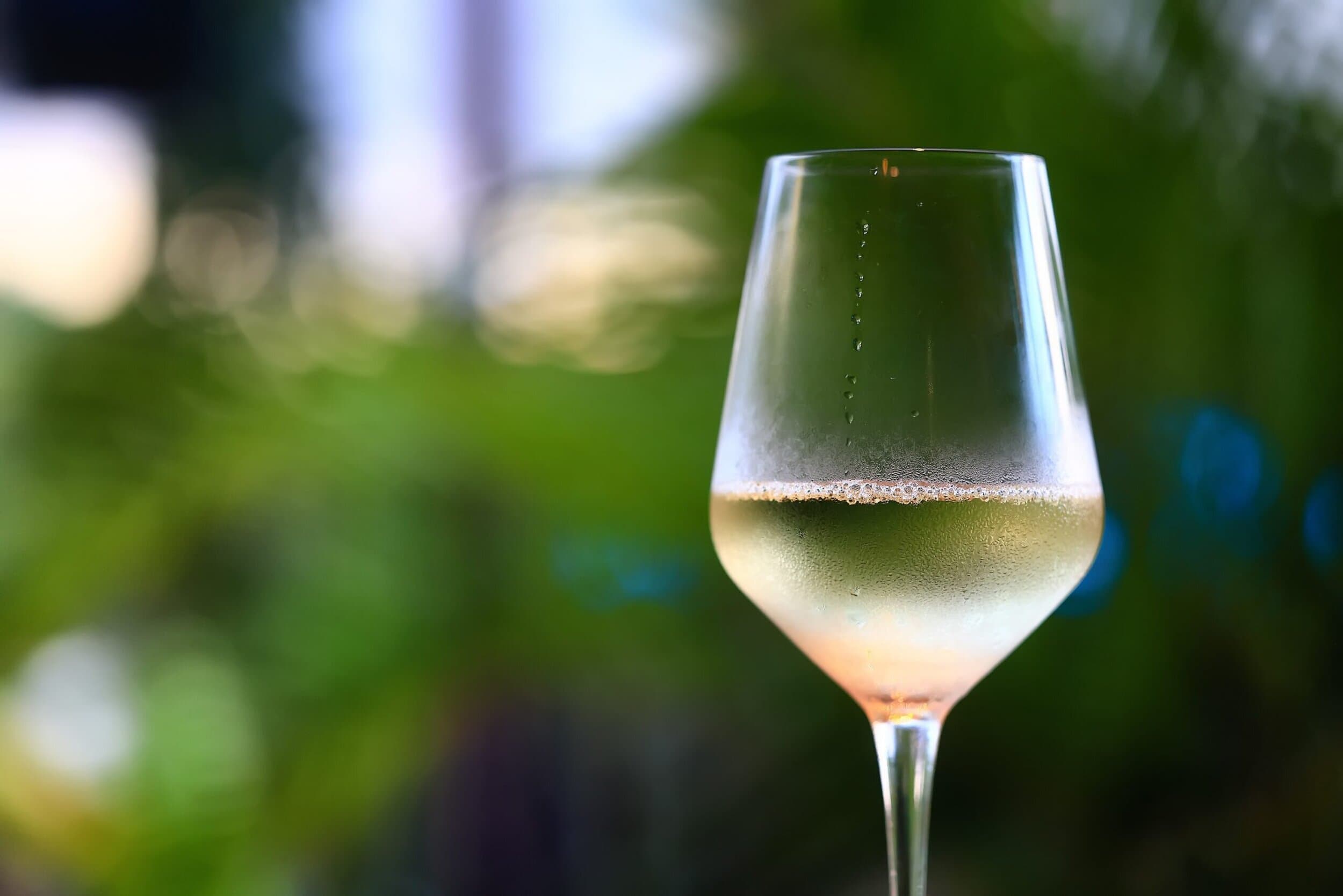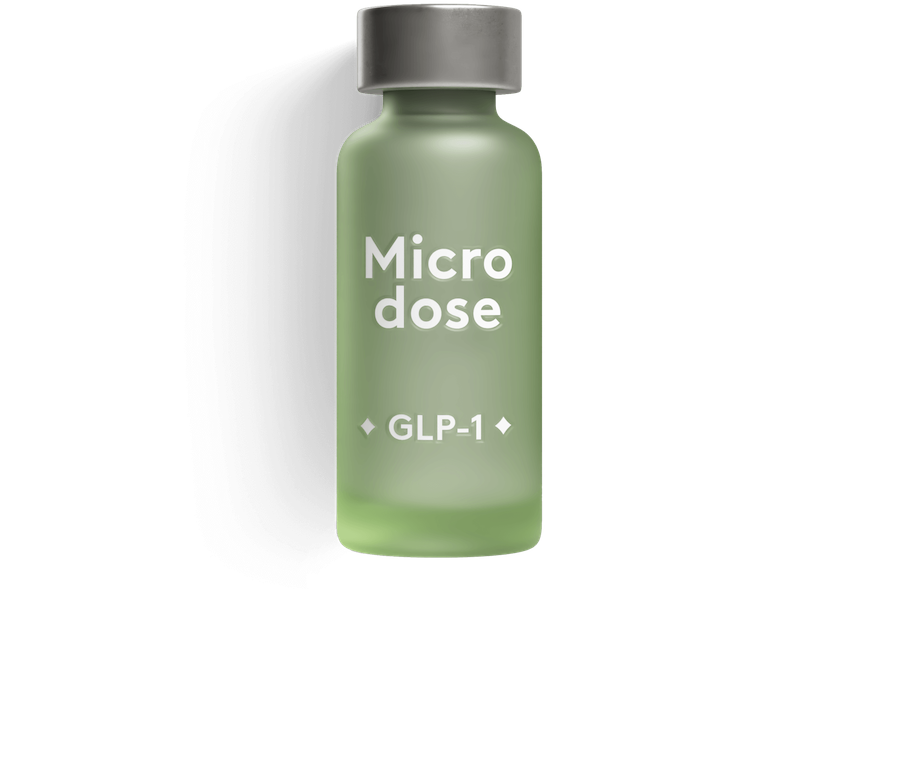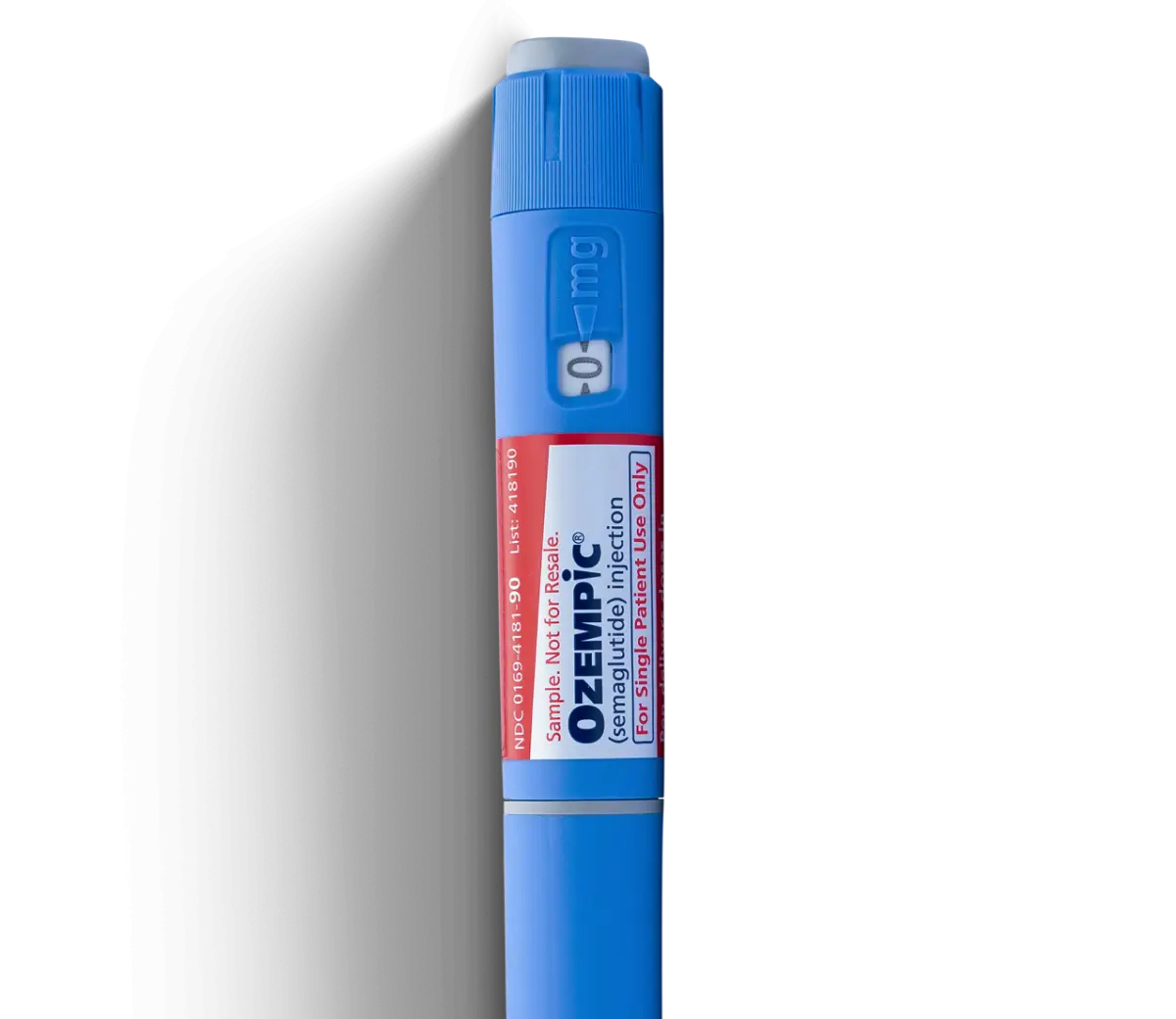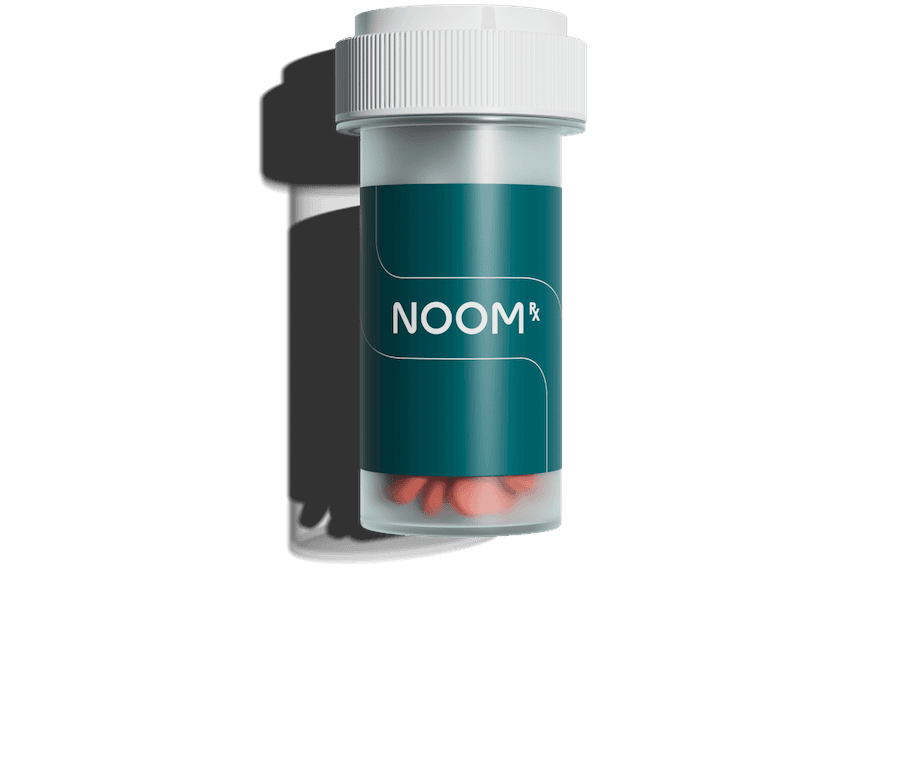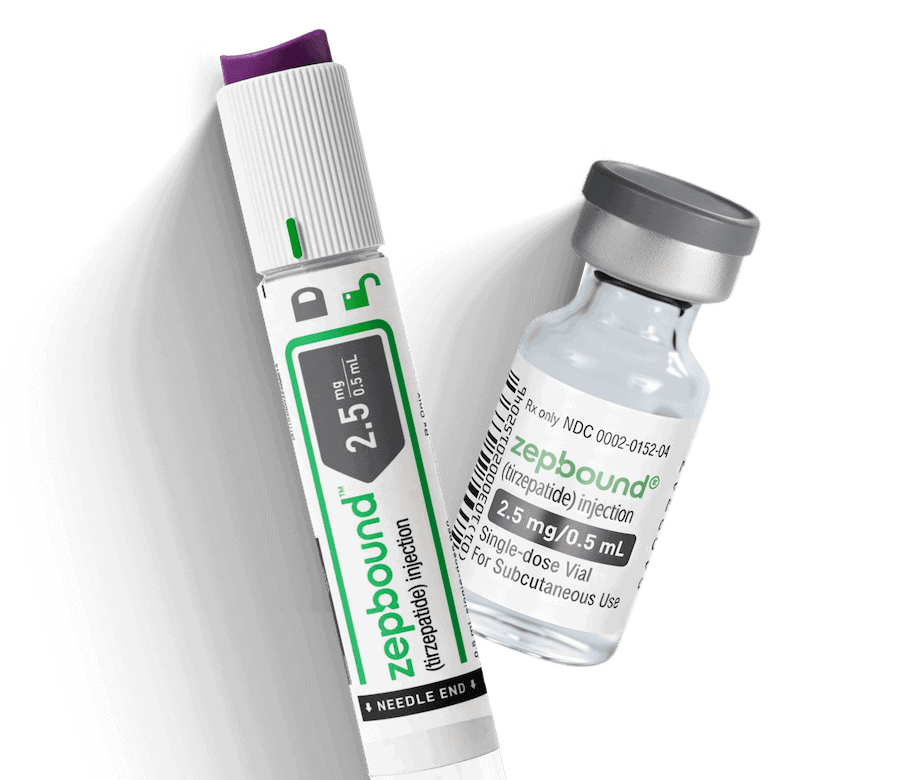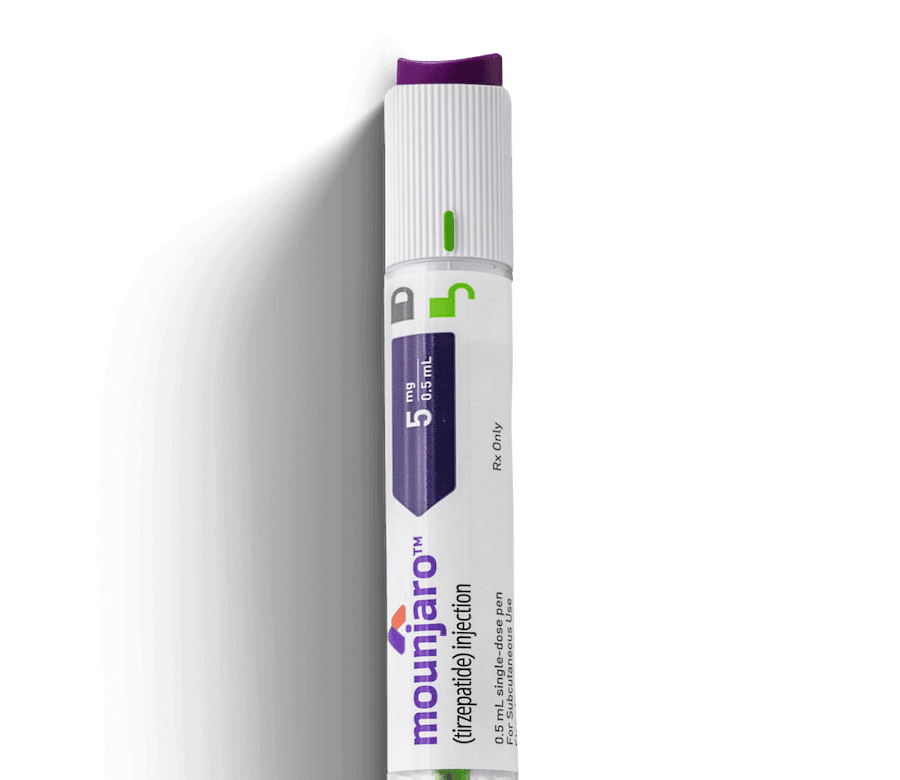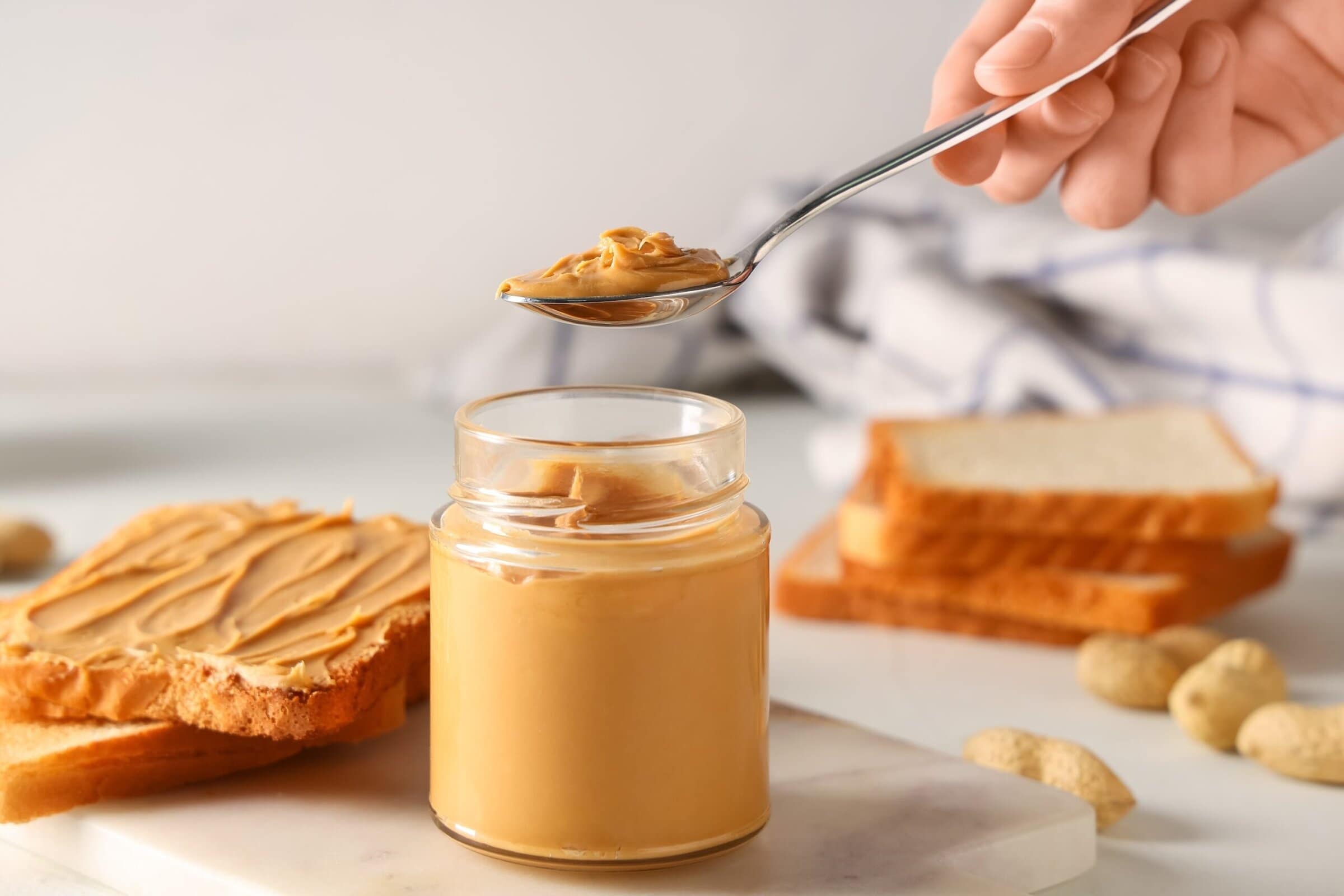Enjoying a glass of wine can feel good—especially when you’re trying to lose weight. And in moderation, it’s certainly fine. A standard 5-ounce serving of dry white wine typically contains around 120 to 125 calories, placing it on the lower end of the spectrum compared to sweeter wines or heavier reds. But if you’re using a large glass or dining out, those calories can add up quickly—especially if you’re not tracking them.
Wine also lacks nutrients like fiber or protein to slow digestion, and it can lower your inhibitions, making mindless eating more likely. The key to enjoying white wine while staying on track is to factor it into your calorie budget and be mindful of how often you have it. With a little planning, it can absolutely be part of a balanced lifestyle and weight loss plan.
✅ Quick answer
It depends – White wine can be part of a weight loss plan when consumed mindfully and in moderation.
Rx weight-loss, the right way, with Noom
Get access to prescription weight loss medication with Noom.✅ Things to be mindful of:
- It provides calories without nutrition – The majority of the calories in white wine come from alcohol and some carbohydrates.
- It can stimulate appetite – The “aperitif effect” means alcohol can increase your hunger and make you more likely to snack while drinking.
- The sugar content can vary – While dry wines contain less than 1 gram of sugar, sweeter varieties can pack over 20 grams per glass, dramatically increasing calories and potentially triggering blood sugar spikes.
🥗 Nutrients in white wine (per 5 oz glass / 147g)
| Nutrient | Amount | % RDA* |
|---|---|---|
| Calories | 121 calories | 6% |
| Protein | 0.1 g | 0% |
| Total carbs | 3.8 g | 1% |
| Fiber | 0 g | 0% |
| Sugars | 1.3 g | — |
| Total fat | 0 g | 0% |
| – Saturated fat | 0 g | 0% |
| – Monounsaturated fat | 0 g | — |
| – Polyunsaturated fat | 0 g | — |
| Omega-3 | 0 g | — |
| Omega-6 | 0 g | — |
A standard 5-ounce glass of white wine has about 120 calories. The calorie content comes almost entirely from alcohol (about 14 grams) and a small amount of carbohydrates. The minimal carbohydrate content of 3.8 grams includes about 1.3 grams of residual sugar, though this varies significantly between wine styles. The complete absence of protein, fiber, and fat means wine won’t help you feel full, and the alcohol could lead to craving other food.
*Recommended dietary allowance (RDA) is defined as the average daily amount of nutrients needed to meet the requirements of nearly all healthy people in a specific group.
Sign up for Noom Digest!
Stay on top of your wellness journey with the latest Noom news, thoughtful articles, and a healthy dose of inspiration delivered right to your inbox.💊 Vitamins & minerals in white wine (per 5 oz glass / 147g)
| Vitamin/Mineral | Amount | % RDA* |
|---|---|---|
| Manganese | 0.13 mg | 6% |
| Potassium | 104 mg | 2% |
| Vitamin B6 | 0.07 mg | 4% |
| Magnesium | 15 mg | 4% |
| Iron | 0.40 mg | 2% |
| Phosphorus | 26 mg | 2% |
| Riboflavin (B2) | 0.01 mg | 1% |
| Niacin (B3) | 0.12 mg | 1% |
| Calcium | 13 mg | 1% |
White wine contains trace amounts of several essential nutrients, though none are present in meaningful quantities. The highest is manganese at 6% of RDA, followed by small amounts of potassium and B vitamins.
Focus on whole foods like fruits, vegetables, lean proteins, and whole grains to meet your nutritional needs while treating wine as an occasional treat.
🔍 Nutrient breakdown
Glycemic index (GI) of white wine
✔️ Glycemic index: Low
💡Tip: The low glycemic index is due to minimal carbohydrate content rather than beneficial fiber, so while it won’t spike blood sugar dramatically, it also won’t provide sustained energy or appetite control.
Is white wine high in protein?
❌No: White wine contains only 0.1 g of protein per glass, providing virtually no muscle-building or satiety benefits.
🔹Better protein alternatives: Grilled chicken breast | Greek yogurt | Lentils
Is white wine high in fiber?
❌No: White wine provides 0 g of fiber per glass, offering no digestive benefits or appetite control.
💡Tip: Always pair wine with fiber-rich foods like vegetables or whole grains to help slow alcohol absorption and increase meal satisfaction.
Is white wine low in carbs?
✔️Yes: Dry white wine contains only 3.8 g of carbs per glass, making it suitable for low-carb eating plans.
💡Tip: Choose wines labeled “dry,” “extra dry,” or “brut” to ensure the lowest possible sugar and carbohydrate content.
Is white wine gluten-free?
✔️Yes: White wine is naturally gluten-free since it’s made from grapes, though some wine coolers or flavored products may contain gluten-based additives.
Is white wine good for fat loss?
❌No: The empty calorie profile and appetite-stimulating effects make white wine counterproductive for fat loss, as your body prioritizes metabolizing alcohol over burning stored fat.
🍽️ Diet compatibility: Which diets include white wine?
| Diet | ✅Yes /❌No | Why |
|---|---|---|
| Keto | ✅ | Dry white wine is low enough in carbs (3-4g per glass) to fit within ketogenic macros, but alcohol calories must still be tracked and can slow ketosis. |
| Paleo | ❌ | Strict paleo excludes processed agricultural products, including wine, though some flexible interpretations allow occasional consumption. |
| Mediterranean | ✅ | Moderate wine consumption with meals is a traditional component of Mediterranean eating patterns, emphasizing social enjoyment and meal enhancement. |
| Vegan | ✅ | Most wines are vegan-friendly, though some use animal-derived fining agents like egg whites or fish bladder, so look for “vegan” labels when in doubt. |
| Gluten-free | ✅ | Wine is naturally gluten-free as it’s made from grapes, making it safe for those with celiac disease or gluten sensitivity. |
For carb-conscious diets like keto, dry wine can work if carefully tracked, while whole-food focused plans like paleo typically exclude it as a processed product. The Mediterranean approach embraces wine as part of a balanced lifestyle, emphasizing moderation and social connection around meals rather than restriction.
🌟 Is white wine healthy?
Metabolic health: Is white wine good for your metabolism?
- ✔️Boosts metabolism? ❌No – Alcohol actually slows metabolic processes as your body prioritizes processing it as a toxin over burning fat and carbohydrates for energy.
- ✔️Improves insulin sensitivity? Possibly – Some research suggests moderate alcohol intake may improve insulin sensitivity in healthy individuals, though this effect can be negated by sugar in sweeter wines or excessive consumption.
- ✔️Effect on fat storage? May promote – Alcohol temporarily halts fat burning while providing empty calories, creating conditions that can promote fat storage, particularly around the midsection.
Cholesterol impact: Does white wine affect cholesterol levels?
- ✔️Does it lower LDL (bad) cholesterol? Unknown – Evidence for white wine’s impact on LDL cholesterol is limited compared to red wine, with inconsistent research results.
- ✔️Does it raise HDL (good) cholesterol? Possibly – Moderate alcohol consumption is associated with higher HDL cholesterol levels, which is one mechanism behind alcohol’s potential cardiovascular benefits.
- ✔️Overall impact on heart health? Moderate consumption (one glass daily for women, up to two for men) is linked to lower cardiovascular disease risk in some studies, but excessive drinking quickly reverses any potential benefits.
💡Tip: Any heart health benefits are strictly tied to moderation—exceeding recommended amounts can quickly become detrimental to cardiovascular health.
Can I drink white wine for a calorie deficit?
✔️Yes, with caution: You can include white wine in a calorie deficit by carefully budgeting its 121 calories per glass, but you’ll need to reduce calories from more nutritious food sources to accommodate it.
💡Tip: Treat wine as a “discretionary” calorie choice, fitting it in only after meeting your essential nutrient needs with whole foods.
Is white wine rich in antioxidants?
✔️Limited: White wine contains beneficial antioxidants like tyrosol and caffeic acid, but in much lower concentrations than red wine or colorful fruits and vegetables.
Does white wine support gut health?
✔️Limited: The polyphenols in wine may act as prebiotics for beneficial gut bacteria, but this potential benefit requires very moderate consumption and is still being researched.
Does white wine support digestion?
Negative: Alcohol can slow stomach emptying and increase acid production, potentially causing indigestion or heartburn, especially for those with sensitive digestive systems.
Does white wine help you feel satiated and less hungry?
Low: White wine provides no satiety benefits due to its lack of protein, fiber, and fat—the key nutrients that promote feelings of fullness.
📊Satiety Level: Low
💡Tip: Always drink wine with a balanced meal containing protein and fiber to help moderate alcohol absorption and increase overall meal satisfaction.
Does white wine help with nighttime cravings?
❌No: Alcohol can disrupt blood sugar levels and sleep quality, both of which are linked to increased cravings and appetite the following day.
💡Tip: If you choose to drink, have your wine with dinner rather than as a late-night beverage to minimize sleep disruption.
Does white wine help reduce inflammation?
Neutral: While some polyphenols have anti-inflammatory properties, excessive alcohol consumption promotes inflammation, so any benefits are limited to very moderate intake.
Is white wine beneficial for brain health?
Limited benefits: Recent research suggests that any amount of alcohol may negatively impact brain volume, contradicting older studies that showed potential cognitive benefits from moderate consumption.
Can white wine improve skin and hair health?
❌No: Alcohol is dehydrating and can deplete nutrients essential for healthy skin and hair, potentially making both appear dull and dry.
Can white wine help balance hormones?
❌No: Alcohol consumption can interfere with multiple hormonal systems, affecting cortisol, reproductive hormones, and blood sugar regulation.
💡Tip: Focus on stress management, adequate sleep, and nutrient-dense foods for optimal hormonal balance rather than relying on alcohol.
🍽️ Best ways to drink white wine for weight loss
- Choose dry varieties exclusively: Stick to wines labeled “dry,” “extra dry,” or “brut” like Sauvignon Blanc, Pinot Grigio, or Champagne to minimize sugar and carbohydrate content while maximizing flavor.
- Practice strict portion control: Measure out exactly 5 ounces (about 2/3 of a typical wine glass) and have it with a balanced meal to slow alcohol absorption.
- Pair strategically with meals: Enjoy your wine alongside protein-rich, fiber-filled meals rather than drinking on an empty stomach, which can lead to faster intoxication and poor food choices.
🚀 Weight-loss benefits
- More reasonable calorie choice among alcoholic beverages: At 121 calories per glass, dry white wine contains fewer calories than most beers (150-250), cocktails (200+), or even red wine, making it easier to fit into a calorie-controlled eating plan.
- Supports sustainable lifestyle approach: Allowing for planned, moderate treats like wine can prevent feelings of deprivation that can lead to abandoning healthy habits.
- Naturally pairs with healthy eating patterns: White wine complements Mediterranean-style meals featuring grilled fish, roasted vegetables, and fresh salads, encouraging better overall food choices compared to drinks typically paired with fried or processed foods.
⚠️ Potential downsides
- Easy to overconsume without nutritional payoff: The lack of protein, fiber, and essential nutrients means you can easily drink several hundred calories without feeling satisfied or meeting any nutritional needs.
- Can trigger appetite and lower food inhibitions: The appetite-stimulating effects of alcohol combined with lowered willpower around food choices can lead to consuming significantly more calories than planned, undermining weight loss efforts.
🍏 Best alternatives & comparisons (Per 5 oz serving)
| Food | Calories | Carbs | Fiber | Protein | Fat |
|---|---|---|---|---|---|
| White wine (dry) | 121 | 3.8 g | 0 g | 0.1 g | 0 g |
| Red wine | 125 | 3.8 g | 0 g | 0.1 g | 0 g |
| Light beer | 103 | 5.8 g | 0 g | 0.9 g | 0 g |
| Hard seltzer | 100 | 2.0 g | 0 g | 0 g | 0 g |
| Kombucha | 30 | 7.0 g | 0 g | 0 g | 0 g |
| Sparkling water | 0 | 0 g | 0 g | 0 g | 0 g |
When comparing white wine to other beverage options, it sits in the middle range for alcoholic choices but still provides significantly more calories than non-alcoholic alternatives. Hard seltzer offers a similar alcohol content with slightly fewer calories and carbs, while light beer has fewer calories. For those seeking the social and flavor experience without alcohol, kombucha offers fermented complexity with far fewer calories, though it does contain more carbohydrates. The ultimate weight-loss friendly choice remains sparkling water with zero calories while still providing a fizzy, celebratory feeling.
Frequently asked questions about white wine and weight loss
Can I drink white wine every day and still lose weight?
Drinking wine daily can make weight loss more challenging due to the consistent calorie load and potential appetite effects. If you choose to drink daily, limit yourself to one 5-ounce glass and account for those calories in your daily budget while ensuring you still meet your nutritional needs.
Which white wine has the fewest calories?
Dry wines typically have the lowest calorie and sugar content. Avoid dessert wines, late-harvest varieties, and anything labeled “sweet” or “off-dry.”
Does white wine slow down weight loss?
Yes, white wine can slow weight loss because your body prioritizes metabolizing alcohol over burning stored fat. Also, the appetite-stimulating effects can make it harder to maintain a calorie deficit.
Is it better to drink wine or beer for weight loss?
Dry white wine generally contains fewer calories than most beers, making it a slightly better choice. But light beers can be comparable or even lower in calories.
Can I drink white wine on a low-carb plan?
Yes, dry white wine can fit into a low-carb diet due to its low carb content (3-4g per glass), but you must track the alcohol calories and be aware that alcohol can temporarily slow ketosis.
What’s the best time to drink wine for weight loss?
If you choose to drink wine, have it with dinner rather than late at night. This allows your body more time to metabolize the alcohol before sleep and reduces the likelihood of late-night food cravings.
How does white wine compare to red wine for weight loss?
White wine has slightly fewer calories than red wine (121 vs 125 per glass), but the difference is minimal. Both provide similar challenges for weight loss.
🧠 Is white wine good for weight loss?
If you’re trying to lose weight and still enjoy white wine, it really comes down to being intentional. Stick to a true 5-ounce pour (no heavy-handed bartending), opt for dry varieties to keep the sugar content low, and make sure to factor in those 121 calories as part of your daily intake. Most importantly, know that you can drink and still make progress—as long as you’re strategic and mindful about it. Sustainable weight loss is about building habits you can live with, and if a weekly glass of wine with dinner helps you stay on track overall, there’s room for that in your plan.
📖 Scientific evidence
- Heavy drinking and unhealthy eating are often connected (Appetite, 2020) – Binge drinking often goes hand-in-hand with poor eating habits, increasing the chances of weight gain.
- Alcohol might make you hungry (Journal of Clinical Investigation, 2015) – This study found that having a drink before eating increased activity in the brain’s hunger center and led people to eat more afterward.
- Drinking wine with meals isn’t associated with weight gain (Physiology & Behavior 2010) – Enjoying moderate amounts of wine with meals likely won’t cause weight gain, but drinking alcohol on its own may raise your risk of obesity.
- Moderate drinking likely doesn’t lead to weight gain (Current Obesity Reports, 2015) – Having about one drink a day for women or two for men typically won’t cause weight gain, but heavier or binge drinking is consistently linked to increased obesity risk.
- Light-to-moderate wine intake cuts heart risk (European Heart Journal, 2024) – Drinking about half to one glass of wine per day was linked to up to a 50% lower risk of major heart problems, but the benefits disappeared when people drank more than one glass daily.
- White wine and champagne may lower cardiac arrest risk (Canadian Journal of Cardiology, 2025) – A large study found that moderate drinking of white wine or champagne was linked to a 30–50% lower risk of sudden cardiac arrest.
Why you can trust us
At Noom, we’re committed to providing health information that’s grounded in reliable science and expert review. Our content is created with the support of qualified professionals and based on well-established research from trusted medical and scientific organizations. Learn more about the experts behind our content on our Health Expert Team page.

